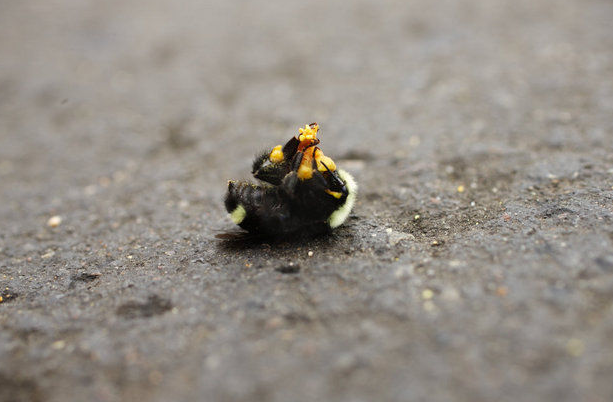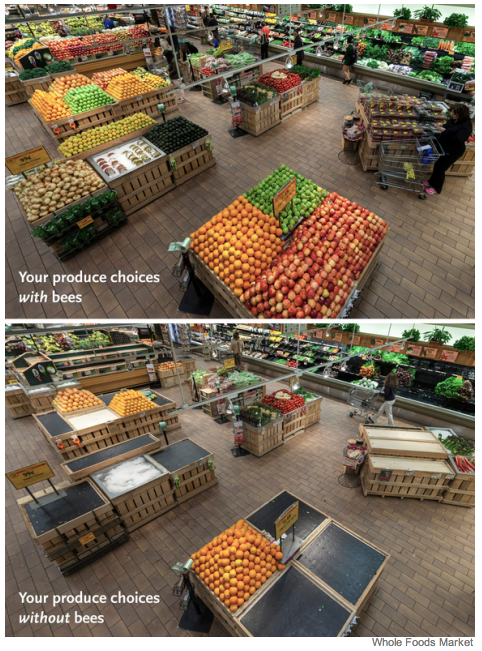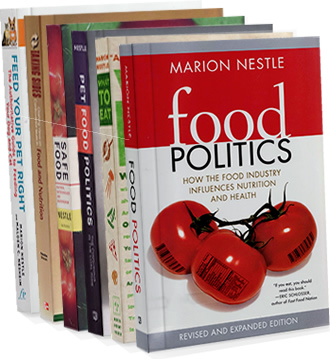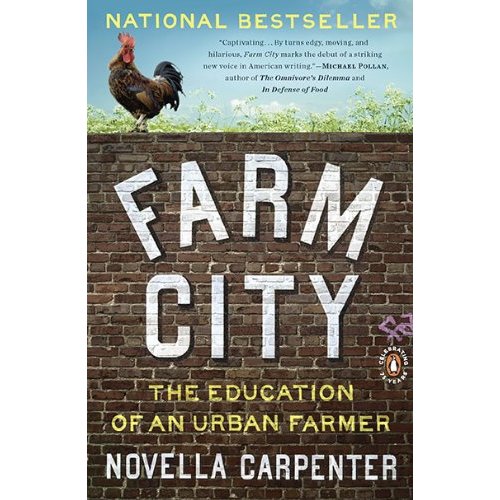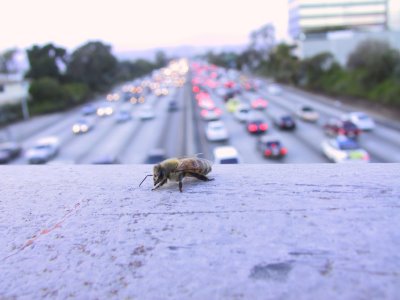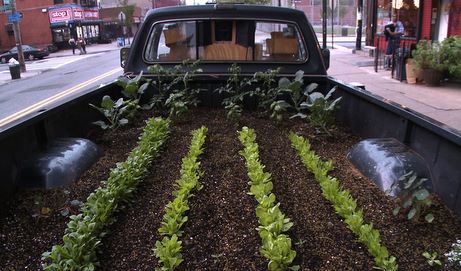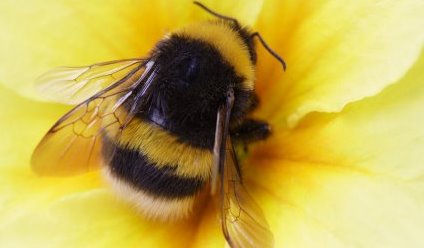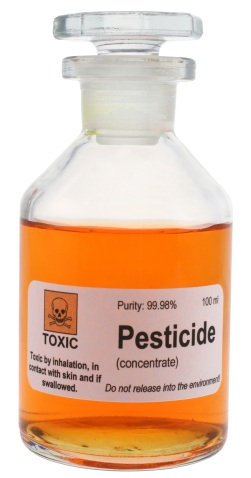Pesticides Kill Oregon Bumblebees...
This story both deeply saddens me and gives me hope. For those of you who haven't heard, earlier this week a blanket of dead and dying bumblebees were found on a parking lot in Oregon. The estimated loss was around 50,000 bumblebees; other insects, such as honeybees, were killed as well. Customers found the bumblebees at the base of a group of European Linden trees, which had recently been sprayed with a pesticide called Safari--a neonicotinoid pesticide produced by Valent. After the mass die-off, researchers set out to find out if the culprit was the pesticide or the tree itself; apparently linden tree nectar can be toxic in high doses. As of Saturday, the Oregon State Department of Agriculture (ODA) announced that "the bee deaths are directly related to a pesticide application on the...
read more
